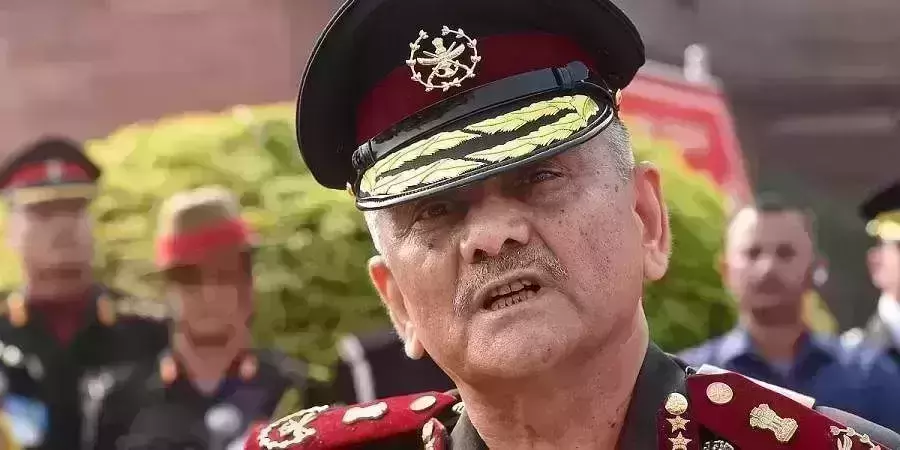
Taiwan goes to polls in historic presidential vote
text_fieldsTaipei: Polls opened in Taiwan Saturday with the island expected to elect its first female president in a historic vote likely to end eight years of closer China ties.
The boisterous democracy is expected to push back against Beijing by bringing scholar-turned-politician Tsai Ing-wen to power, unseating the China-friendly ruling party.
Voters are uneasy about warming relations with Beijing and, as the economy stagnates, many are frustrated that trade pacts signed with China have failed to benefit ordinary Taiwanese.
Tsai is the leader of the Democratic Progressive Party (DPP) which has a much warier approach to China than the unpopular ruling Kuomintang (KMT). Tsai is well ahead of KMT candidate Eric Chu in the polls.
In a pragmatic move, she has walked a careful path on China strategy, repeatedly saying she wants to maintain the "status quo" with Beijing.
But the DPP is traditionally a pro-independence party with no official channel of communication with Beijing, and opponents say Tsai will destabilise relations.
After decades of enmity, current KMT president Ma Ying-jeou has overseen a dramatic rapprochement with China since coming to power in 2008.
Although Taiwan is self-ruling after it split with China following a civil war in 1949, it has never formally declared independence and Beijing still sees it as part of its territory awaiting reunification, by force if necessary.
The thaw culminated in a summit between Ma and Chinese President Xi Jinping in November, something once unthinkable at the height of hostilities.
Yet despite more than 20 deals and a tourist boom, closer ties have exacerbated fears that China is eroding Taiwan's sovereignty by making it economically dependent.
In 2014, the government was forced to shelve a trade pact after student-led protesters occupied parliament for more than three weeks.
Low salaries and high housing prices are among a slew of continuing economic problems also riling voters.
Beijing has warned it will not deal with any leader who does not recognise the "one China" principle, part of a tacit agreement between Beijing and the KMT known as the "1992 consensus" and the bedrock of warming ties.
The DPP has never recognised the consensus.
But while tensions are already simmering, observers say it is unlikely Tsai will do anything to provoke Beijing if she wins -- the majority of voters want peace with China and would rather Tsai focuses on the domestic economy first and foremost.











